The Reggio Emilia Philosophy is an innovative and inspiring approach to early childhood education, which values the child as strong, capable and resilient; rich with wonder and knowledge. The Philosophy rides on the coattails of the innate curiosity of children and aims to assist them with understanding their world and who they are in it.
Started by parents in Reggio Emilia, Italy after World War II, the parents believed that a new better approach to teaching their children was required. The program they developed emphasised respect, responsibility and community involvement. Children are allowed to explore and discover in a supportive and rich environment, where the curriculum is created around the children’s interests.
So, what exactly is the Reggio Emilia philosophy? To help improve your understanding of this philosophy, here is a quick introduction.
First, It is important to realise that the Reggio Emilia philosophy is simply that – a philosophy. Education centres that are guided by it are not ‘Reggio Emilia accredited’ as there is no formal process for this. The philosophy simply guides the decisions of teachers in how they approach education.
To understand it better, it’s important to know the three core principles of the Reggio Emilia philosophy: the child, the environment, and the teacher.
The Child
The Reggio Emilia philosophy values the child as central to their own learning, not simply an empty vessel waiting to be filled with knowledge. Children are able to pursue their own interests and revisit and build upon ideas at their own pace.
You may have heard of something called the ‘100 languages of children’. This concept recognises that children have multiple ways of thinking, playing, exploring, speaking and doing. The Reggio Emilia approach encourages children to use every tool they have to express themselves.
The Environment
A Reggio-inspired environment, often referred to as ‘the third teacher’, is one that is open and free-flowing. It enables uninterrupted exploration, play and learning. Outdoor spaces are valued just as highly as formal classrooms, and the design of the space should allow children to move freely between the two. In addition, it is important that children have free access to stimulating resources, as they cannot be the owner of their learning journey without this.
The Teacher
Teachers are encouraged to observe children rather than to direct them. It is important that children are allowed to experiment in their own way, make mistakes and find new solutions. The role of the teacher is to gently move students towards areas of interest to them, and this can only be done through careful observation carried out over time.
The Reggio Emilia philosophy is an integral part of education at The Scots College. To learn more about the benefits of this approach, read this blog or learn more about why children should live what they learn.
The Benefits Of The Reggio Emilia Approach
So how will your child benefit from this Philosophy? Below we have listed several factors that explain this:
1. Encouragement
Children in Reggio settings are active constructors of knowledge, who are encouraged to be ‘researchers’. Most of the educational experiences within Reggio take the form of projects, where children have opportunities to actively participate, explore and question things. There is also a very strong emphasis on the social development of children as part of the community and their relationships to other children, their families and teachers.
2. Explorative
The Reggio approach starts from the premise that children use many different ways to express their creativity, understanding and thoughts (the 100 languages). This perspective has been endorsed by many artists, who state that these different ways of thinking, exploring and learning are expressed through drawing, sculpting, music, dance and movement, painting and drama.
3. Problem solving techniques
Children are given learning projects that provide extensive research opportunities, including real-life problem solving among peers, and opportunities for creative thinking and exploration. The children are placed in small group settings with projects that they work on are observed by teachers and the children are allowed to question the topic of interest. Then they introduce materials, questions, and opportunities that provoke children to further explain the topic.
The Reggio Emilia Philosophy has substantial benefits for boys at The Scots College as they journey through their education and become confident and skilled individuals that can face the future brightly.
To see the Reggio Emilia philosophy in action, download our brochure The Scots Journey, which follows a day-in-the-life of our youngest students.






